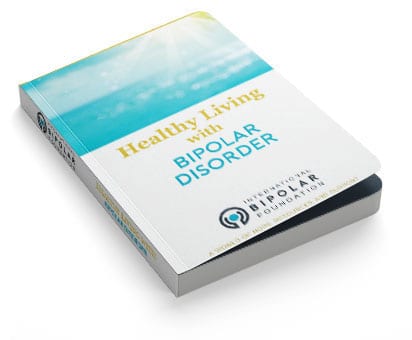I Am A Youth with Bipolar Disorder
You are not alone. We are here for you!
Growing up is tough. Getting diagnosed with bipolar can make it even tougher. While having bipolar disorder at your age can feel scary, being diagnosed at a younger age has advantages. Young people often learn new habits faster and adapt more quickly to their surroundings, both key skills for living with bipolar disorder. You probably feel different from your friends, but you’re not alone; there are millions of youth diagnosed with bipolar disorder. You might be afraid to talk about your thoughts and experiences, but you can create a support network that appreciates you for who you are and helps you throughout the journey.
Here’s how:
- Find your people – choose friends who support a healthy lifestyle and want you to be well.
- Go to peer support groups – you’ll realize that you’re not alone.
- Read the stories of hope and recovery on the International Bipolar Foundation website – maybe someday you’ll write your own for us!
- Reach out – don’t be afraid to use your voice and ask for help.
- Contact our foundation – We would love to hear from you!
- Speak to your school counselor -– your school may provide further accommodations to help you
Remember that having bipolar disorder is not your fault. Just because your brain is different, doesn’t mean it’s bad or wrong. As you get older and develop a stronger sense of who you are and how you feel, living with bipolar will get easier.
There are many resources available that can help you manage and cope with symptoms, prevent and rebound from mood episodes, and lead a stable, happy, and healthy life!
Blog Articles For Youth With Bipolar Disorder
We have about 40 active bloggers who write monthly posts on different topics related to bipolar disorder. By reading the blogs you can see that you are not alone and learn things that have helped other people in similar situations. Some of our bloggers are young people like you:

Brain XP
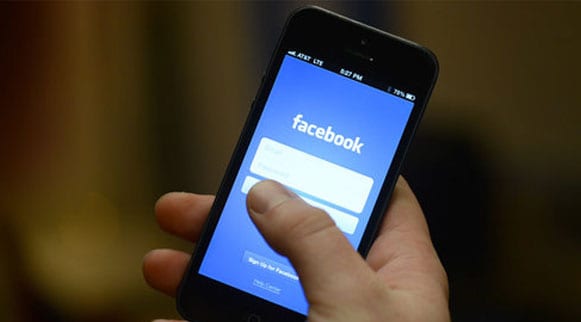
5 Rules for Facebooking When You Have Bipolar

Advice for Teens with Bipolar Disorder
Webinars For Youth With Bipolar Disorder
Webinars are online presentations that are about an hour long. We have a live webinar almost every week with experts on different areas of bipolar disorder. Each webinar is recorded and posted to our website. The webinars go in depth on specific topics and are designed to help you learn more about different treatment options, developing research trends, or everyday tips for managing symptoms. A wide variety of topics are covered, here are some examples that are especially useful for youth:
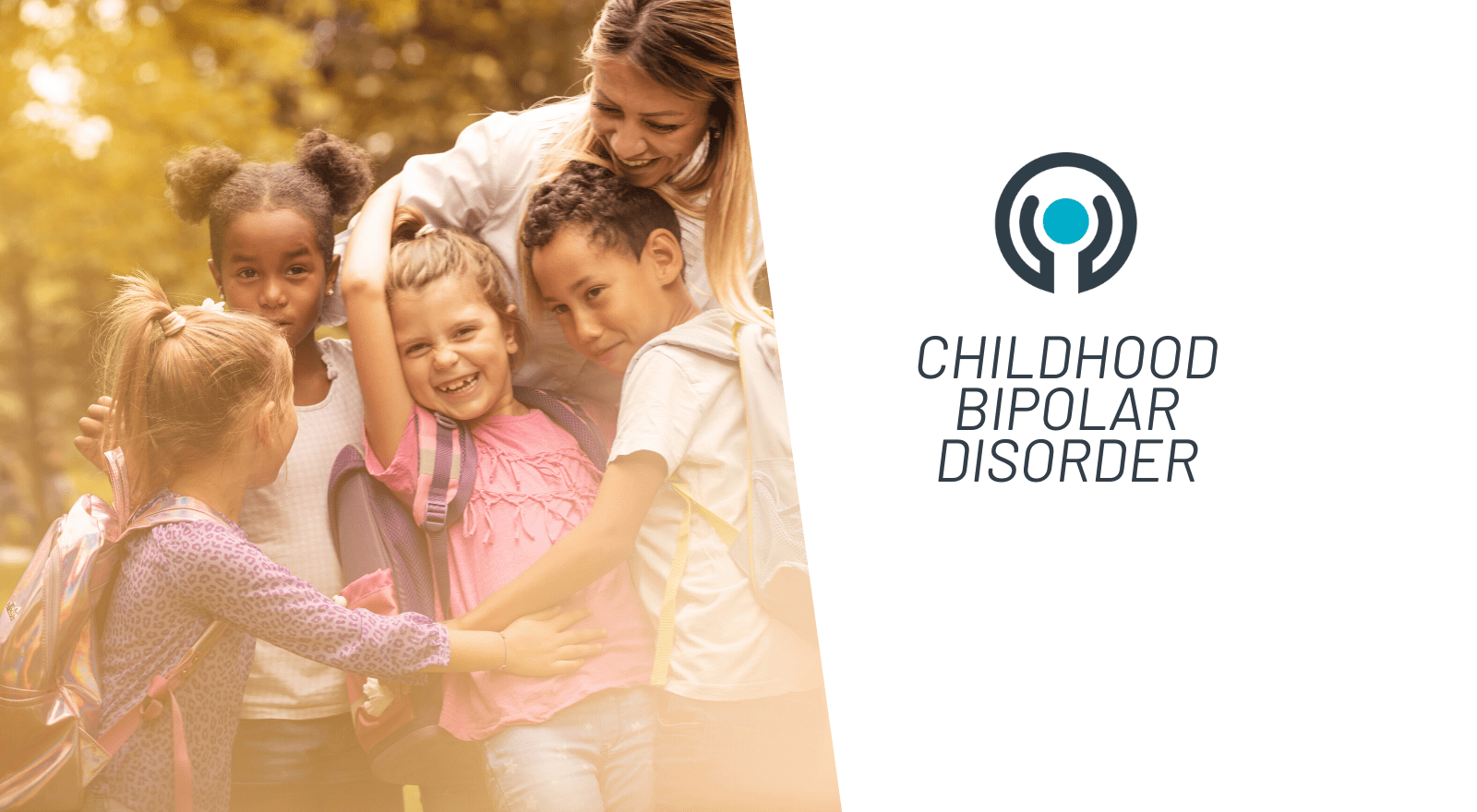
Childhood Bipolar Disorder with Dr. Thomas Jensen
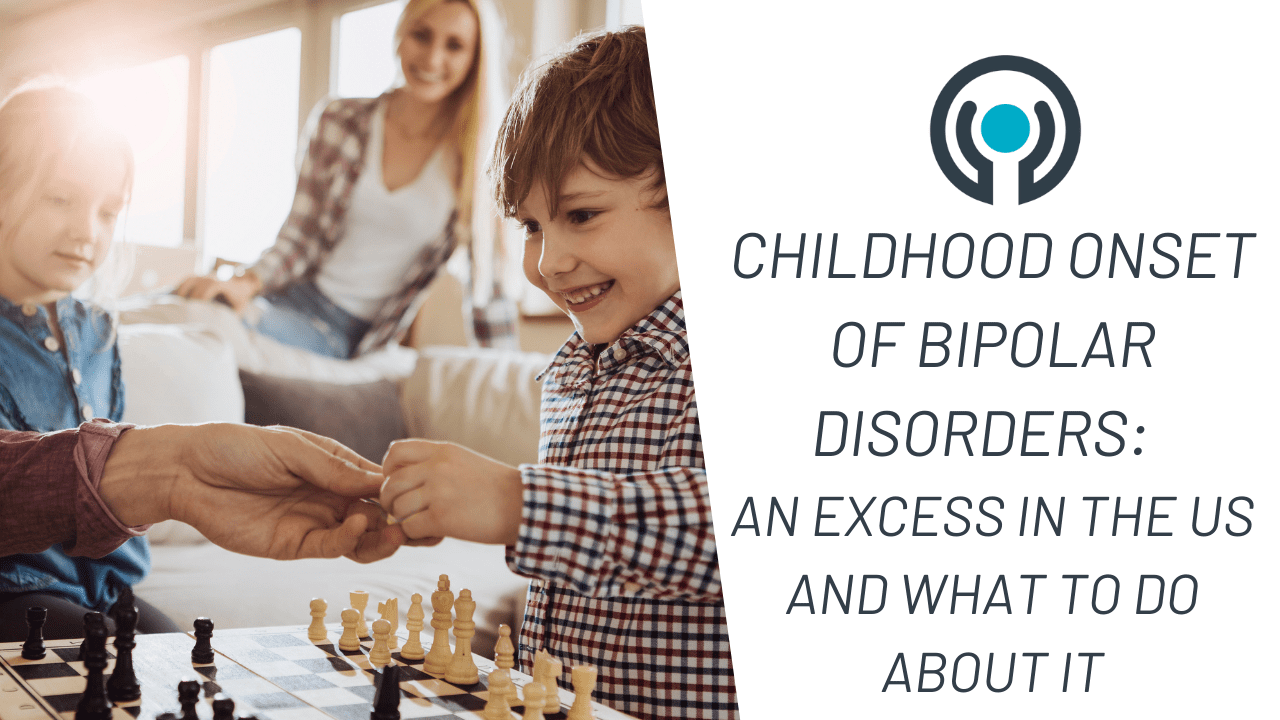
Childhood Onset of Bipolar Disorders: An Excess in the US and What to Do About It
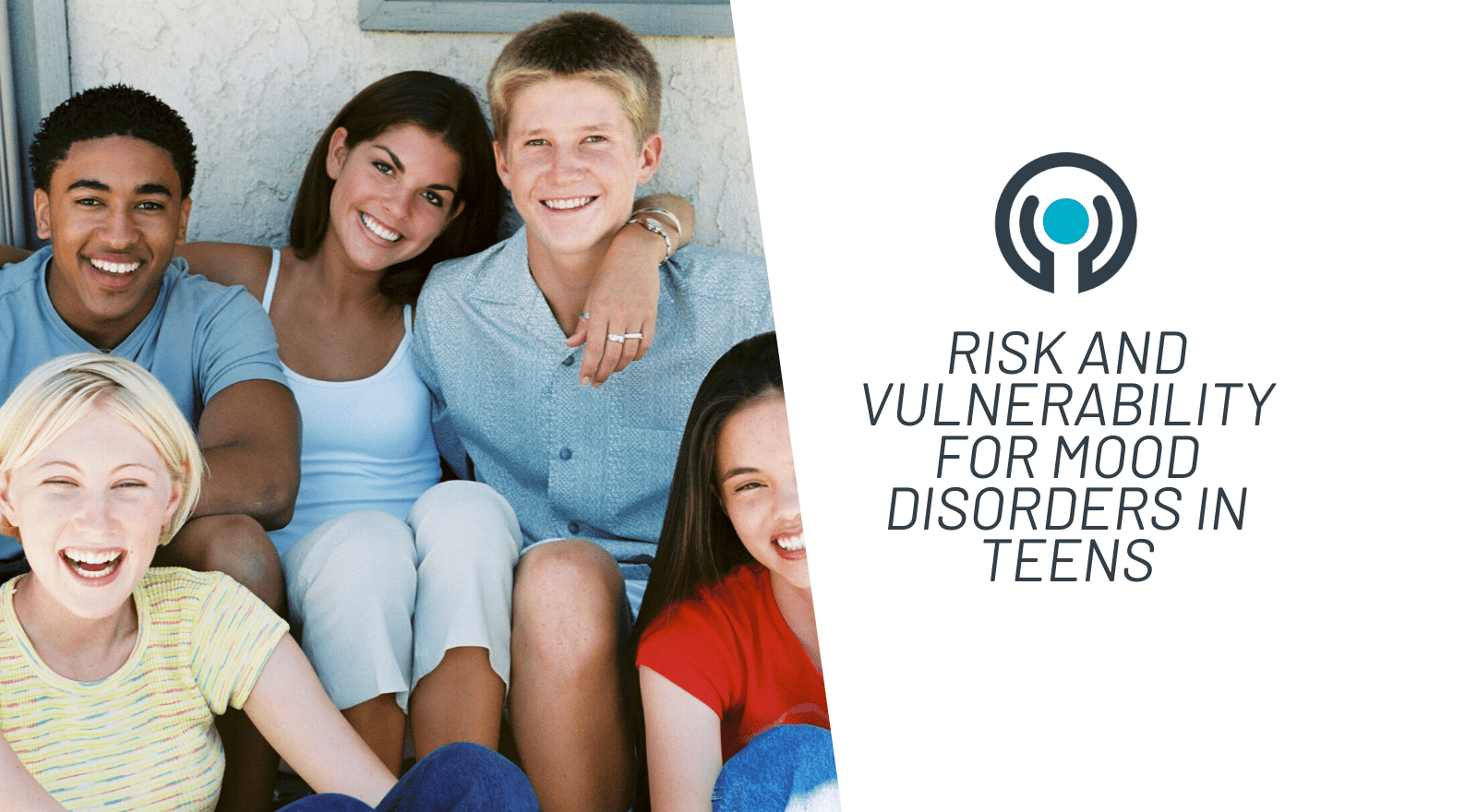
Risk and Vulnerability for Mood Disorders in Teens with Dr. Carrie Bearden
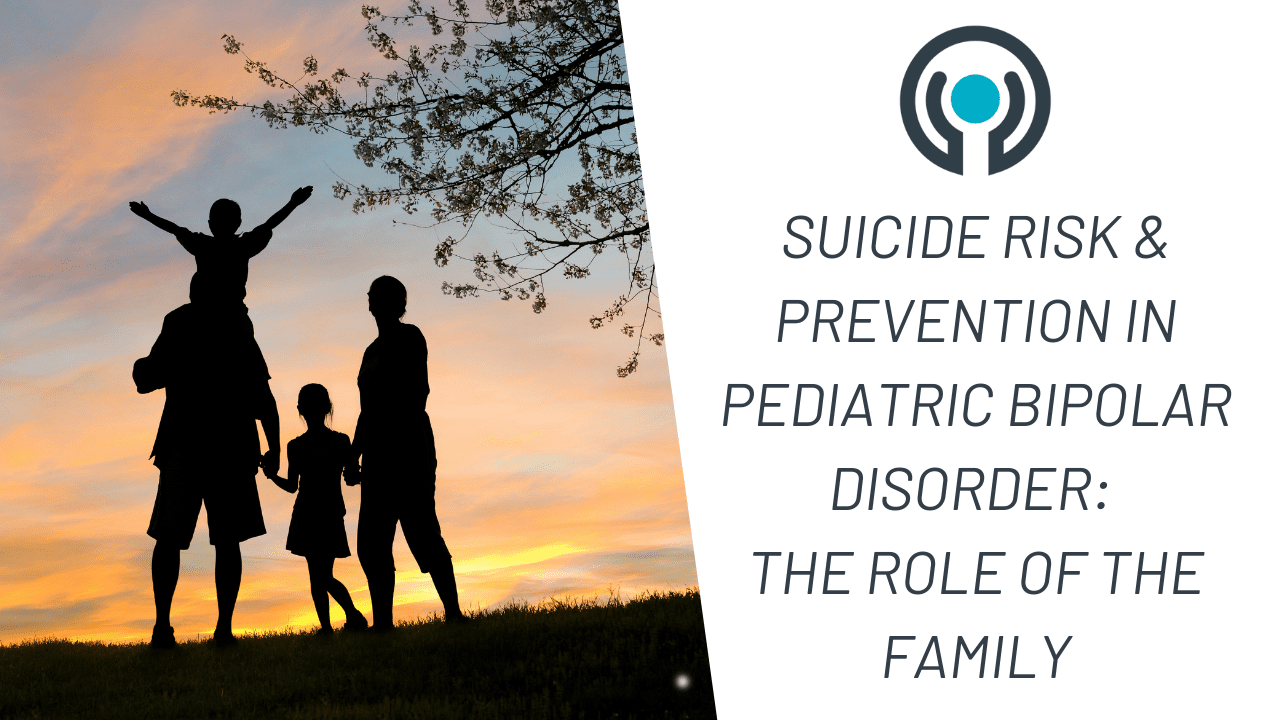
Suicide Risk & Prevention in Pediatric Bipolar Disorder: The Role of the Family
Free Healthy Living with Bipolar Disorder Book
The Healthy Living with Bipolar Disorder book is written for both people living with bipolar disorder and their caregivers. In Healthy Living with Bipolar Disorder, you’ll find clinical information from psychiatrists, nurse practitioners, psychologists, therapists, social workers, and others. You will also find stories from real people who share how they survive and thrive with bipolar disorder. We hope that you will share your story with us someday. Together, we can build a world of hope.
YouTube Question & Answer Series

We have a series of youtube videos where experts in the field answer common questions about bipolar disorder. Some are from a medical perspective and others are from caregivers or people who have bipolar disorder.
Faces Of Hope And Recovery

Personal stories of people who successfully live with bipolar disorder and share what has worked for them, learn more here!
Treatment & Support Resources

We can help you find a support group in your area or other resources like treatment centers, psychiatrists, and therapists. View our resource page or email us at info@ibpf.org for help finding a referral. US consumers can also use this treatment locator.

